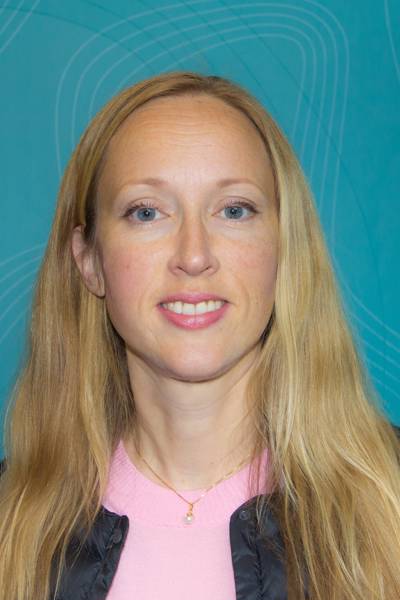In June 2016, Sweden was elected in the UN General Assembly to become a UN Security Council (UNSC) member for the 2017–18 period. Progressing Women, Peace and Security (WPS) was explicitly proclaimed as part of its main strategy. In this decision, Sweden followed an international trend as WPS had increasingly become a proclaimed part of many elected members’ (so called E10s) interests. In research, however, there still is little systematized knowledge on E10s influence on UNSC outcomes in general and on WPS in particular.
This paper provides a starting point for a structured study of E10 strategies, the conditions of the UNSC, and how to understand and measure outcomes. To illustrate the usage of this framework and method, we apply these to the Sweden’s term (2017-18) utilizing a novel dataset on WPS language in resolutions, and qualitative empirical material from 30 semi-structured interviews (250 recorded hours) with representatives of Sweden and other members of the Council, UN officials and civil society advocates of WPS. Through this, the paper demonstrates the possibilities for increasing knowledge of how an E10 can contribute to WPS progress and for explaining the efficacy of the power of the elected 10, opening up new avenues for future research.






